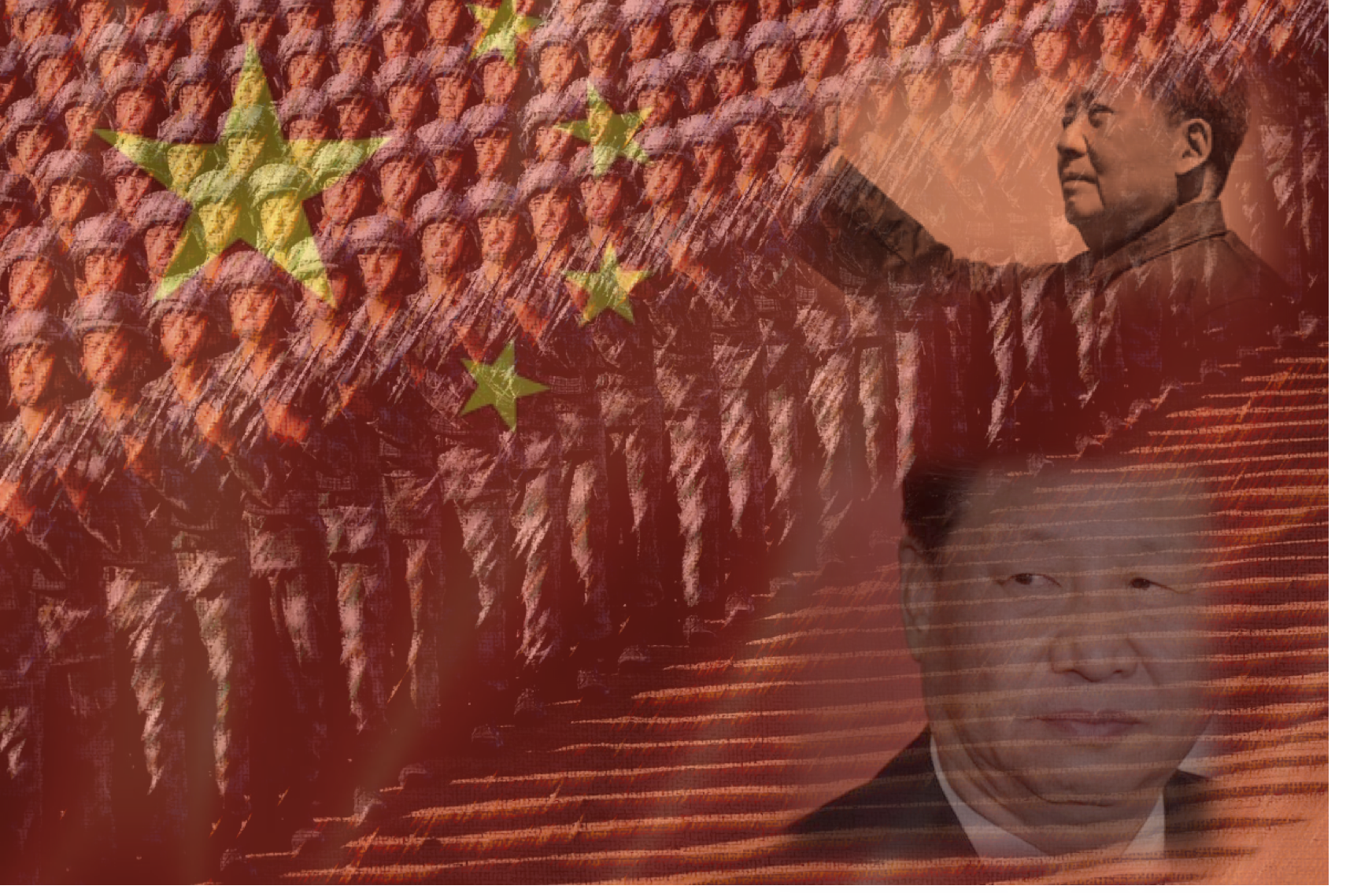South Korea’s Constitutional Court removed the impeached president, Park Geun-hye, from office, and a general election for the new president will take place in May. With the mounting scandals in both political and economic sectors last few months, the liberal opposition gained significant momentum, and liberal victory seemed imminent The Democratic nominee Moon Jae-in has had a slim lead in the polls ahead of the centrist candidate, Ahn Cheol-soo, but the two frontrunners are truly neck and neck now.
Park Geun-hye had pursued a hardline policy against North Korea and maintained good relations with China until the US Terminal High Altitude Area Defense (THAAD) deployment disputes began. If we assume Moon Jae-in takes the Blue House in May, Seoul’s foreign policy certainly will look very different in the coming years compared to the last decade.
Moon Jae-in served as the chief of staff to the late former president Roh Moo-hyun, and the two men had worked together as civil rights lawyers before Roh entered politics. Not surpsingly, Moon is a champion of the ‘Sunshine Policy,’ a soft approach to North Korea between 1998 and 2008 when South Korea attempted to alleviate tensions on the peninsula via engagement and economic assistance. Despite Moon’s wishes, strategic realities of the region have changed.
The young and mercurial Kim Jong Un seems in love with both nuclear and conventional weapons, shown by the recent missile tests; he does not shy away from bragging about North Korea’s advances in missile and nuclear technology, either. Furthermore, the world witnessed the violent nature of North Korea in the February assassination of Kim Jong Nam, half brother of Kim Jong Un. North Korea’s actions in the Kim Jong Un era do not indicate engagement and conversation having any success for South Korea and its allies.
A potential Moon presidency comes with an under-discussed and underappreciated benefit. A liberal, less hawkish president like Moon might be the only thing standing between Donald Trump and Kim Jong Un taking the gloves off in the tinderbox that is East Asia. In a recent interview, Moon stated that South Korea must learn to “say ‘No’ to the Americans.” The United States is making its power plays and testing their diplomacy, as seen in this year’s war games, permanent deployment of missile-capable drones to Korea, and the Trump administration’s refusal to rule out military options. With tensions running high in the region, Moon may be the one preventing a showdown that would see Seoul razed to the ground.
Yet, that is not to say Moon and his foreign policy would be all good for South Korea. Moon seeks to pursue a more balanced foreign policy between the United States and China. His softer approach will be a double-edged sword that could make South Korea-United States, and South Korea-Japan relations suffer. In crises and tests of brinkmanship between North Korea and the United States, Moon’s dovish approach may be a plus. However, in most other times, Moon will clash with Trump due to each man’s approach towards North Korea.
Moon has remained ambivalent towards the THAAD deployment. He criticized the recent arrival of the defensive system’s equipment to Korea, stating the question of deployment should be shelved until the next regime is in place in May. Despite his unclear stance, his rhetoric signal towards halting or even scrapping the THAAD deployment, a dangerous gamble by Moon in both domestic and international arenas, especially as North Korean missile threats become more material, and the Trump administration’s reaction is unpredictable.
Moon Jae-in’s rise as the frontrunner for the Blue House reveals uncomfortable realities about South Korea and its place in the region and the world. As much as South Korea wants to pursue its own interests, it is a player in the international, and even more so, regional politics for several reasons, including nuclear capable North Korea, military alliance with the United States, and Korea’s long, complicated history with China and Japan. For these reasons, South Korea is an extension of US foreign policy in Asia, at least at the moment.
As long as North Korea exists with its conventional and nuclear arsenal, South Korea will have to rely on the alliance with the United States, even if the Trump administration has been more mercurial than the previous ones, and even if more diplomatic engagement with China may lead to a calmer Korean Peninsula. However, the ugly truth is, until South Korea can defend itself, every decision its government makes will have to take the US interests into account; currently, South Korean interests align with US interests more often than not. Sometimes, this means US foreign policy forces South Korea’s hand, as evidenced in the ongoing THAAD disputes. Reliance on a foreign power for protection comes with benefits and drawbacks
Moon Jae-in peaked at a politically opportune time, and if he can finish the campaign half as strongly as he started it, he has a real shot at victory in Korea’s first post-impeachment snap election. Many are fed up with a decade of the conservative Blue House. Moon, while having accomplished little to impress in his political career, has the appealing names and job titles on his resume that give him an edge over other candidates. However, his potential five years in the Blue House will be full of disagreements and crises on all fronts with both allies and the enemy. The more quickly Moon Jae-in accepts the strategic realities of South Korea and adapts, the more smoothly his very possible presidency will proceed.
- Defining Denuclearization - April 24, 2018
- Hold the Horses of Optimism: Donald Trump-Kim Jong Un Summit - March 15, 2018
- China-South Korea THAAD Rapprochement: Winners and Losers - February 8, 2018






